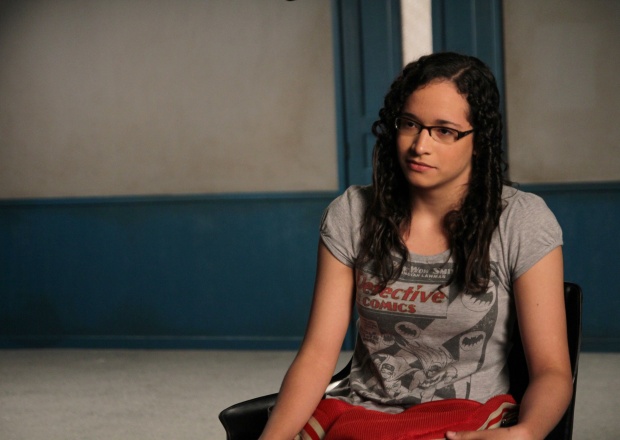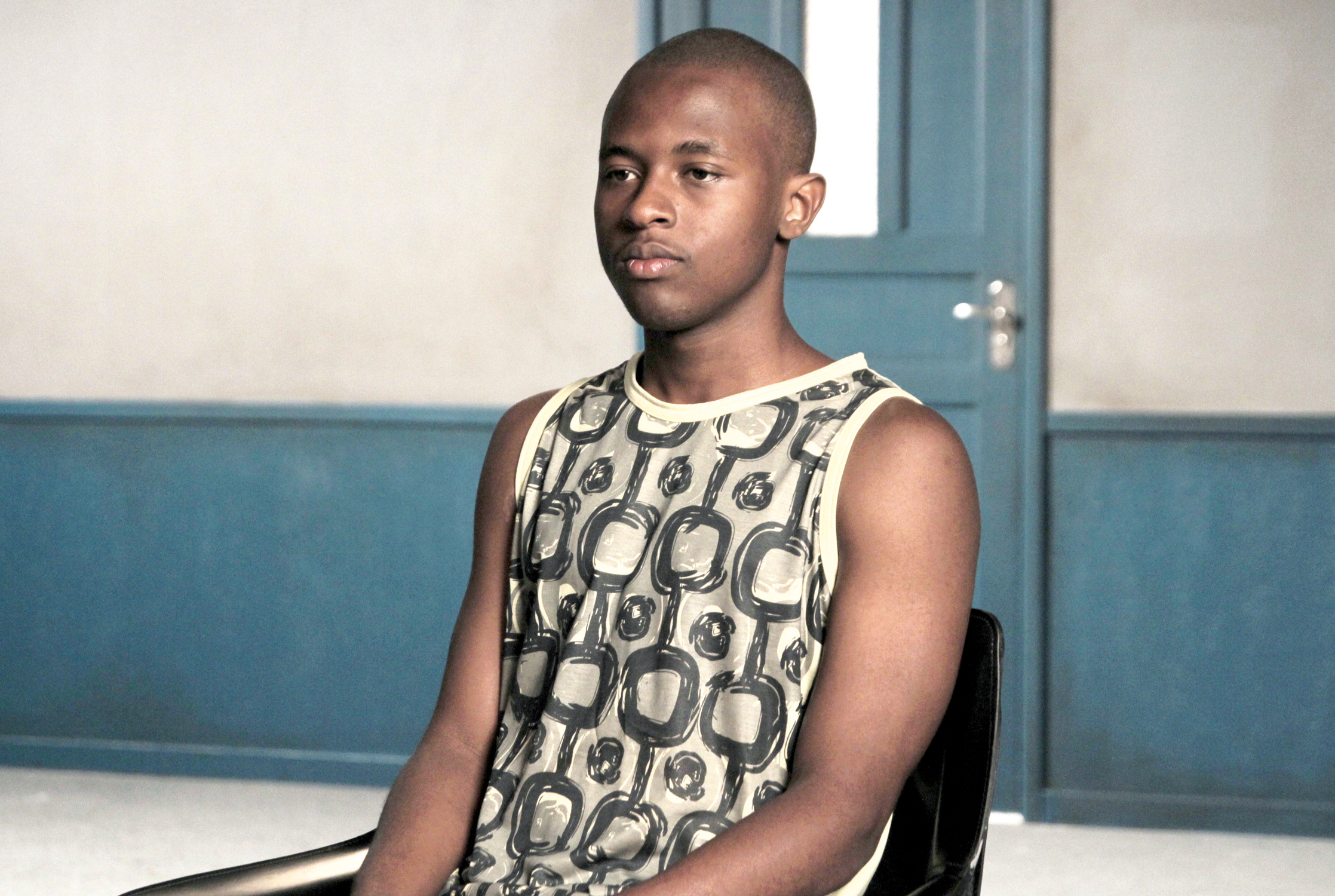Shortly before his death in February 2014, Eduardo Coutinho shot his last film: A compilation of one to one conversations with deprived high school students from Rio de Janeiro who talked about their lives and dreams. During the shooting, Coutinho wasn’t happy. What he wanted to do originally was to explore the origins of speech through interviews with young children. He was convinced that only children could express freely through words not yet contaminated by form or any other sort of restriction, but he could only get permission to shoot with youngsters, hence his frustration.
The film begins with Coutinho showing his dissatisfaction and reflecting about filmmaking and the crisis he was going through. The device that follows is simple: A room, a chair occupied by the director, a chair that fills and empties every time a youngster enters and leaves the scene, a door that opens and closes; a conversation between an elderly filmmaker and a young character who meet for the first time.
Coutinho was obsessed with memory and the idea that only the passage of time can enhance one’s account of the past: “The time remembered is always richer than the time lived”, he used to say. He was not keen to accept that youth could have so many remarkable things to tell. Fortunately for the audience, this wonderful group of characters proved the opposite. Last Conversations is simple and yet a monumental piece. Perhaps more than any other of Coutinho’s films, it tells the story of an abandoned country, a land of young people who grow up in families fragmented by violence, discrimination, sexual abuse, racism and bullying. Nevertheless, they are ready to fight for a better future, to dream, to sing, to love, to laugh out loud, to sit in front of the camera and to read their own pieces of poetry.
María Campaña Ramia
After the screening, film programmer and documentary filmmaker María Campaña Ramia will lead a conversation with Carlos Gutiérrez.
This event is made possible by VideoFilmes. We are grateful to them for their support!











